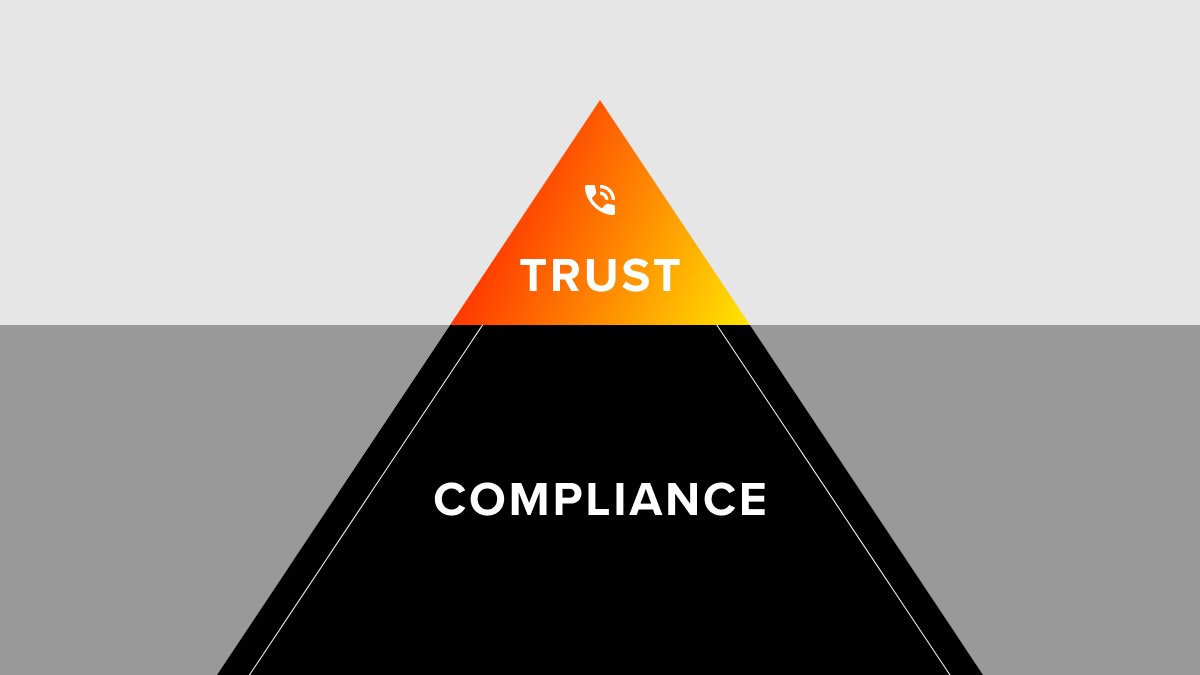Why do people keep journals?
For all kinds of reasons. To preserve memories. To capture feelings and progress over time. To serve as a reminder of challenges faced and lessons learned. To foster creativity. To get stress out.
All of these make great reasons for salespeople to keep journals as well.
Let's face it. Selling is challenging. It's full of ups and downs. It's hard work that requires organization, planning, and motivation. And it throws situations at us that we can learn from, basically on a daily basis.
So why not record some of this wisdom?
Keeping a sales journal is a great way to stay organized and on top of your craft. It's an accountability tool. It's also a fantastic resource to look back on. That's true whether you're struggling and looking for perspective, or succeeding and looking at how far you've come.
Think of a sales journal as a powerful source of knowledge written by the foremost expert on your personal experience. You.
Here are some ideas for what to include in your sales journal and how each can help you succeed.
1. Top goal/task for the day
There is a lot to do on any given day. It can be helpful to start the day by writing down one key thing you want to accomplish. It's a great way to "announce" your intention to get it done and hold yourself accountable if you don't.
Similarly, you can start off each month / quarter / year with a BHG (big hairy goal) and use that as your north star to guide you day in, day out.
2. I will make X calls today
For phone-focused sales reps (like most of PhoneBurner's clients) it can be helpful to set outreach goals for yourself. This is also a great way to track productivity over time. What may seem like a reach today, could be a "slow day" a few months from now. Recording outreach goals is both a source of motivation and an indicator of progress.
Of course, calls may not be the only important outreach metric. Consider adding emails sent, voicemails left, LinkedIn connections requested, or anything else that motivates you.
3. I will get X yesses today (or this week/month)
In addition to productivity goals, consider setting performance goals. Sales made. Appointments set. Demos scheduled. (Naturally, choose a time frame that makes sense for you.)
Be realistic in your expectations. And don't be too critical if you miss every now and again. Your overall trend - and how you respond to peaks and valleys - is what's most important.
On a related note, check out this podcast from Art Sobczak in which he interviews Leo Quinn, a man who went on a quest for 1000 negative responses over the course of a summer. By embracing "no" Leo improved both his outlook and his results.
4. What you did well today
Why not record some things you did well or handled well today? There are powerful benefits to doing so.
For one, taking a moment each day to think about successes (big or small) is great for mindset. That's true whether you're in a slump or on a hot streak. Secondly, it calls attention to success-driving strategies that you can use again and again.
Highlight an activity you did that you don't do enough. Jot down an objection response you used that worked really well. Write down a story you told that engaged your contact.
Do this consistently and your sales journal will have a wealth of tips to look back on.
5. What you didn't do well today
What is just as helpful as highlighting successes? Highlighting struggles faced or opportunities missed. Be honest with yourself each day and write down something you didn't handle effectively, or something you need to work on.
Take it a step further and record some ideas for how you'd handle the situation differently next time, or what you can do to improve going forward.
6. Extra important contacts
A journal is a great place to catalog important contacts that you talk to, or become aware of. While you should undoubtedly use a sales CRM to maintain lead data and contact history, a journal is an ideal place to highlight high-value contacts and influencers with whom you want to nurture a relationship with.
7. Good habit checklist
Every salesperson has different habits that help them stay focused, or keep stress at bay. A journal is a good place to remind yourself of these habits and check them off to keep yourself accountable. Breaks, stretching, meditating, drinking glasses of water, power posing, are just a few examples. Decide what daily habits you want to encourage. Write them down, and check them off.
8. Resources and collateral you need
During the course of your sales activities you may find yourself in need of certain resources to support your efforts. A pricing sheet, a case study, a demo video, a script, or an email.
Record these resource needs so that you can work on them, or request them from another department in your organization.
9. Trending questions, objections, or requests
Smart salespeople spot trends in their conversations. And these trends often change over time. Every so often you'll notice a question, objection, or request being raised with increased frequency. It's wise to record it when you notice it, and to use this information to help shape your script, product, and offer.
10. What you're reading or listening to
There's all kinds of great sales content and education out there. Books. Articles. Blog posts. Podcasts. Videos. Get into the habit of recording the content you're consuming, as well as choice insights or strategies you pick up. Writing those insights down helps to emphasize and commit them to memory. It's also a valuable resource to look back on in the future.
Wrapping up benefits of keeping a sales journal and what to include in it
Keeping a sales journal is a beneficial habit for sales professionals. It provides a powerful mix of organization, motivation, and wisdom. It's a record of struggles, accomplishments and growth over time. If you're thinking about starting a sales journal here are 10 valuable things to record in it:
- Today's #1 task
- Outreach goals
- Performance goals
- What you did well
- What you didn't do well (and how you can improve)
- Very important contacts
- Good habits checklist
- Resources you need to support your process
- Trending questions, rejections, and requests
- What you're reading and listening to
What did we miss? What other gold do you record in your sales journal?














